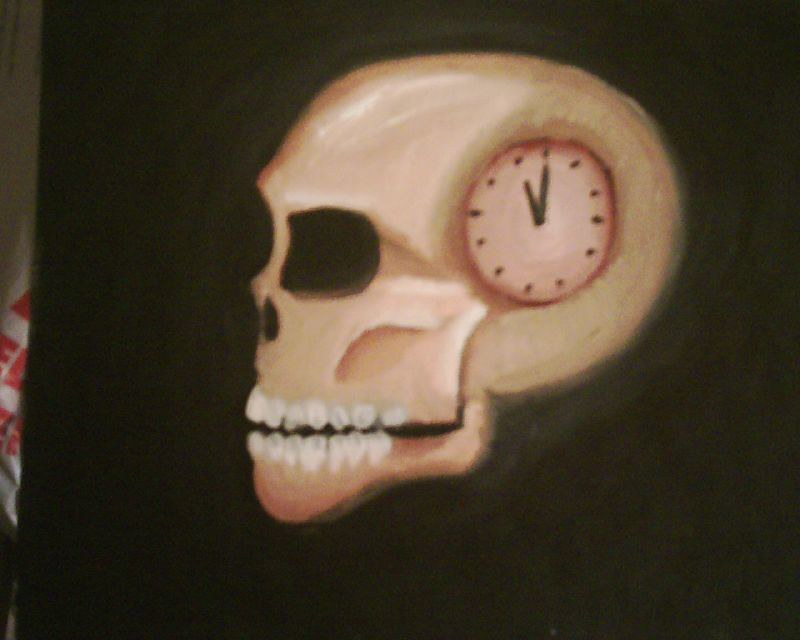Waiting outside the anatomy lab doors just before my first cadaveric dissection, I found myself unaffected by the sense of nervousness that palpably pervaded the rest of my class. For me — a first-year medical student at the time — the anatomy lab was but a brief sojourn on my way to becoming a psychiatrist; it was an experience from which I expected to take away nothing more than an intimate knowledge of human anatomy.
When the doors were opened and we were to meet our cadavers for the first time, I went into the lab without a sense of apprehension; I intended to approach my cadaver with some distance and reserve.
However, upon encountering this lifeless body for the first time, I was instead confronted with a morally imposing demand: treat her as if she were still a person, as if she were still alive. I realized that the body, despite the absence of an inner agent, was still a reflection of personhood. The traces of identity in the cadaver that continued to reside in her body even after death, from her polished nails to her golden tooth, were representations of a person who once was. Over the course of the dissections, I would reconstruct who this person may have been using these final artifacts of her existence.
Learning about each section of my cadaver’s body felt like a story that did not unfold by the standard flow of time from past to present; instead, the story was already revealed in its fullness from the very beginning. The timeline of this story was laid out before me in her body, and I could relive any part of it as if I were recalling a memory of her life. When I dissected the muscles of her legs, I pictured the athlete she may have been in her youth. When I discovered her golden tooth, I imagined the slow decay of her body in her old age. With each dissection, I felt as if I jumped back and forth between such moments, guided by the cadaver as an emissary of her own past. Throughout the course of my time with her, I often found myself excited to return to the anatomy lab so that I could again reach back in time to relive stories of old.
In those mere hours I spent with the cadaver, I felt like I had observed the passing of a lifetime. I felt as if I had witnessed moments of her life, but I was unable to experience them with her. I suffered a sense of loss from being deprived of having a place in her story.
Against this sorrow, I considered other moments in my life when I experienced similar dilations of time and subsequent feelings of loss. For example, reunions with old friends and family members were tinged with sadness, for we had separate paths to travel. Revisiting places where I lived long ago stirred a sense of nostalgia that was painful, as I realized that the world I once knew no longer existed. In these dilations of time, I discovered that life has moved on in my absence. I discovered that family, friends, and places have changed — or perhaps even that I have changed.
This feeling of loss and subsequent reflection revealed to me something fundamental about how I experience time in my own life. As I depart the anatomy lab, I stand on the shores of time’s river and gaze into the clear water’s surface. In it, I see a reflection of growth and of internal transformation — a reflection not of who I was but of who I have become. I emerge not only learned in anatomy but also with insight into the impact that individuals can have on one another.
Relationships have the power to carve riverbeds into our inner selves, transforming us as they flow in and out of our lives. The anatomy lab demonstrated that human relationships can be entwined not only in life but even after death. This experience from which I expected to find little meaning was instead spiritually seismic. I had changed dramatically ever since the day I met my cadaver, and, as a result, I came out of the anatomy lab as someone different from the person who entered it.
Image credit: Time (CC BY-SA 2.0) by mirandiki

